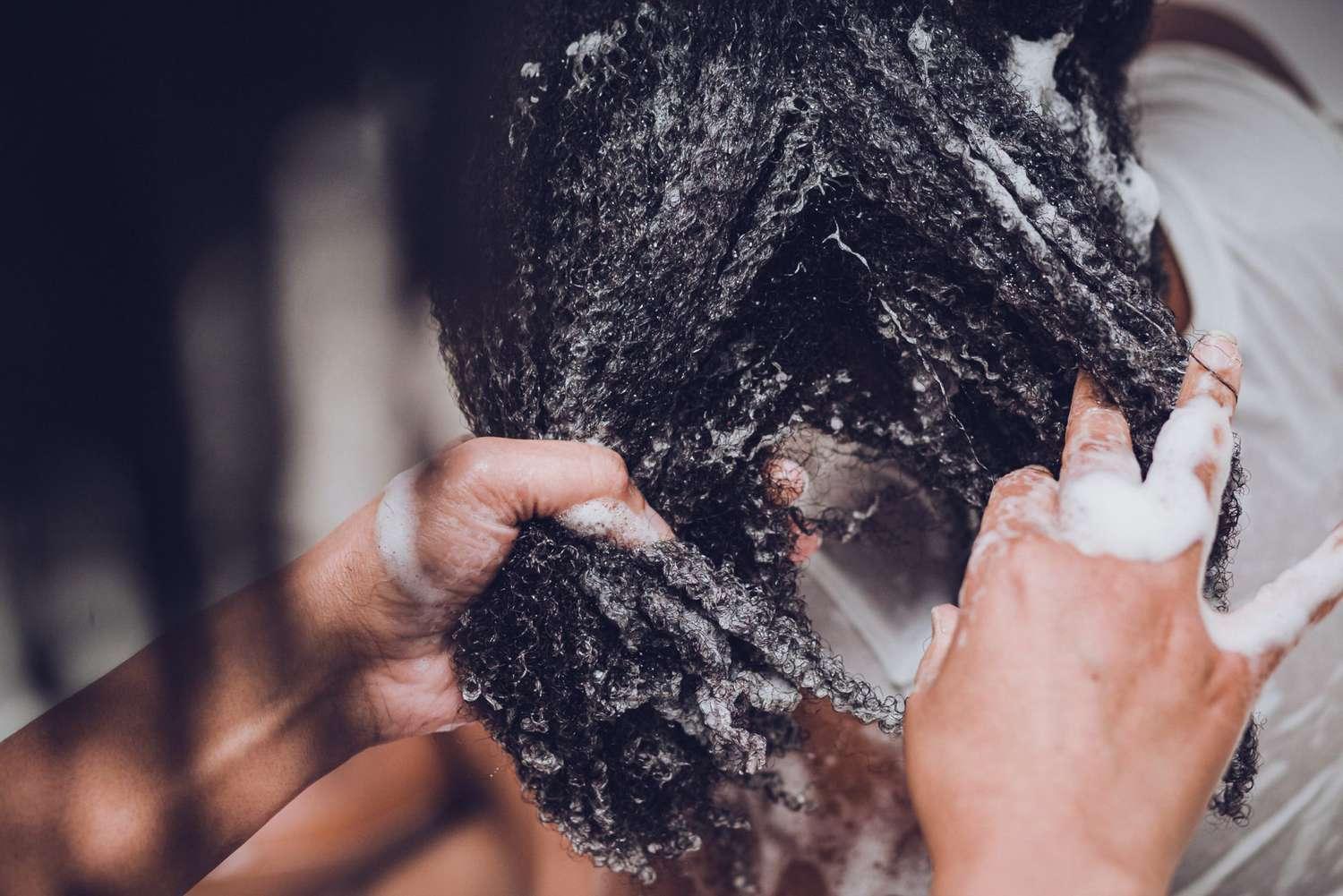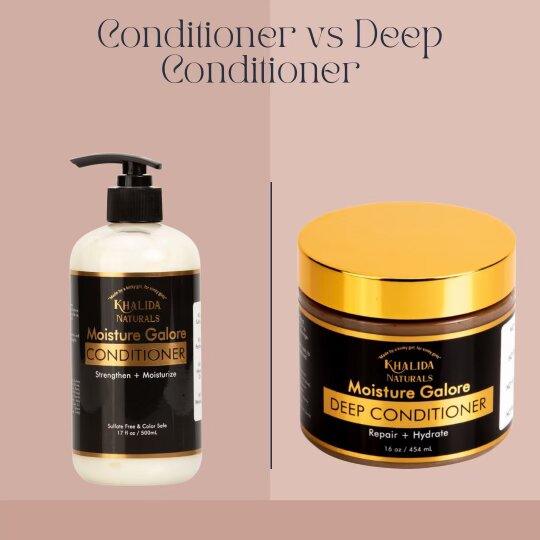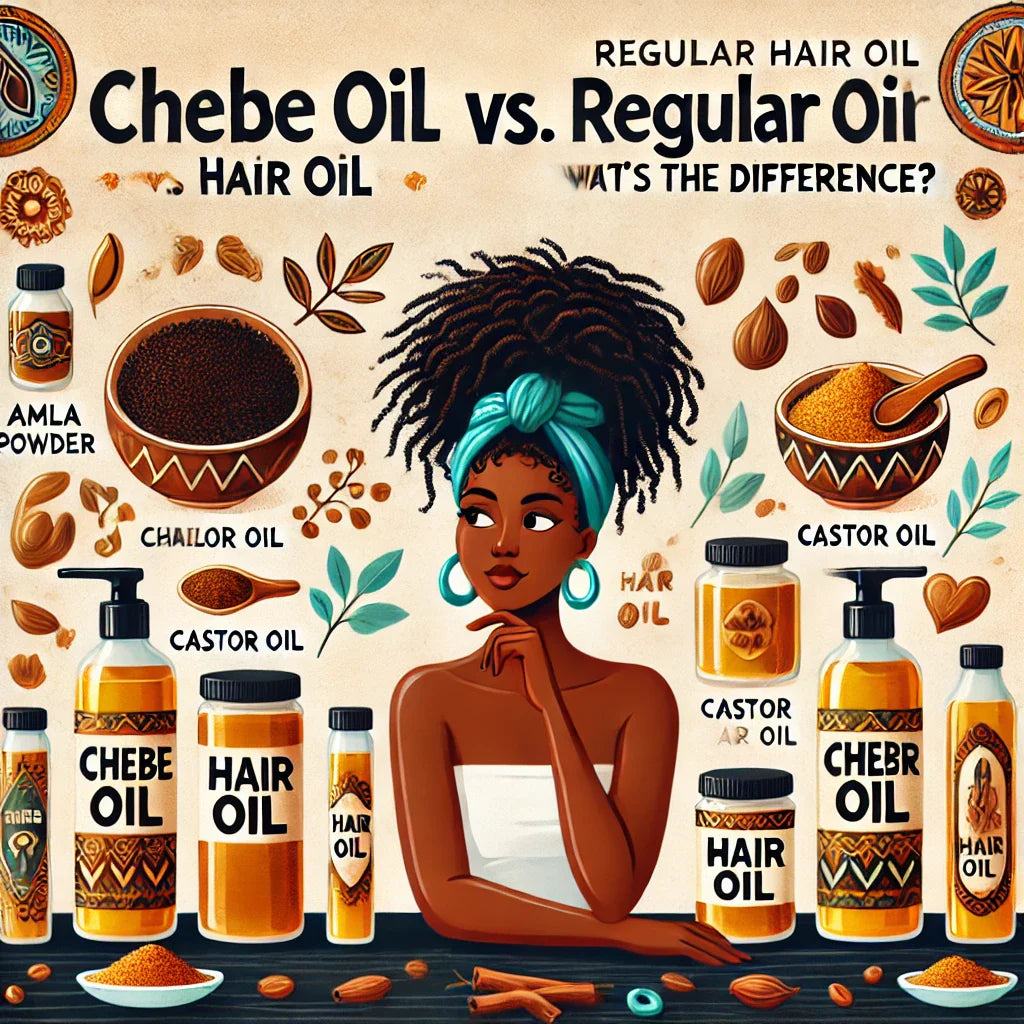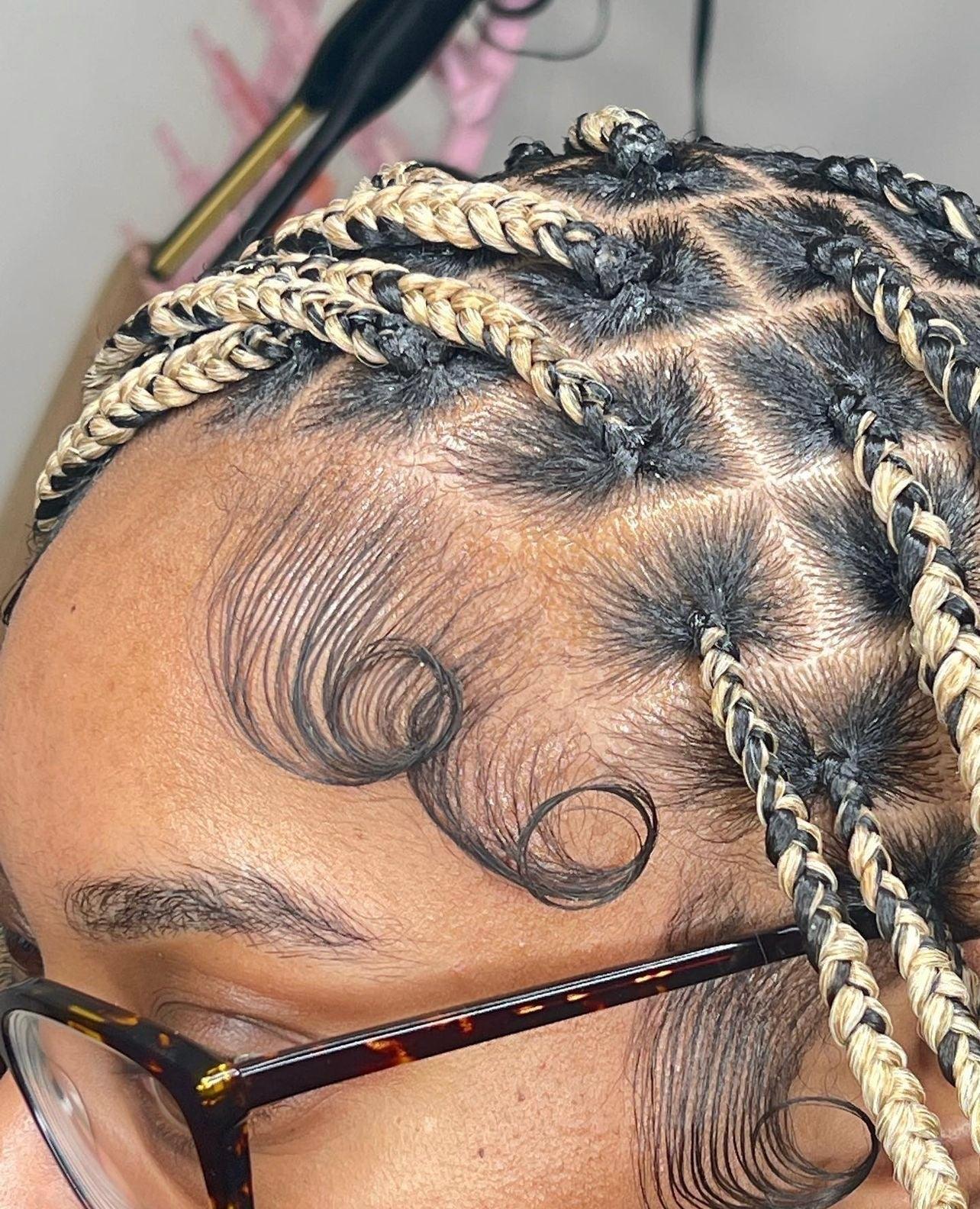How Often Should You Wash Kinky and Coily Hair? Tips for Women and Kids
·

·
How Often Should You Wash Your Hair?
The debate on how often to wash your hair varies widely, influenced by hair type, lifestyle, and personal preference. While daily washing is typically unnecessary, the frequency can range based on individual factors.
Factors Influencing Hair Washing Frequency
1. Hair Type:
• Fine Hair: Often needs washing every 1-2 days as it gets greasy quickly.
• Medium Hair: Can usually go 2-4 days between washes.
• Thick/Curly Hair: May only need washing once a week or less to prevent dryness.
2. Oiliness:
• Natural sebum production varies with age and genetics. Younger people tend to have oilier hair.
3. Environment and Lifestyle:
• Pollution, outdoor activities, and exercise can increase the need for frequent washing.
4. Products and Styling Habits:
• Heavy product use may require more frequent washing to avoid build-up.
Benefits of Not Over-Washing
Over-washing can strip hair of natural oils, leading to dryness and brittleness. Conversely, under-washing can cause oil, dirt, and dandruff build-up, potentially affecting scalp health.
Personalized Hair Care
Choose products suited to your hair type and adjust your washing routine based on your hair’s response. Fine hair benefits from lightweight shampoos, while thick hair may need deep conditioning treatments.
Ultimately, the right frequency for washing your hair depends on a balance of these factors, ensuring your hair remains healthy and manageable.
The debate on how often to wash your hair varies widely, influenced by hair type, lifestyle, and personal preference. While daily washing is typically unnecessary, the frequency can range based on individual factors.
Factors Influencing Hair Washing Frequency
1. Hair Type:
• Fine Hair: Often needs washing every 1-2 days as it gets greasy quickly.
• Medium Hair: Can usually go 2-4 days between washes.
• Thick/Curly Hair: May only need washing once a week or less to prevent dryness.
2. Oiliness:
• Natural sebum production varies with age and genetics. Younger people tend to have oilier hair.
3. Environment and Lifestyle:
• Pollution, outdoor activities, and exercise can increase the need for frequent washing.
4. Products and Styling Habits:
• Heavy product use may require more frequent washing to avoid build-up.
Benefits of Not Over-Washing
Over-washing can strip hair of natural oils, leading to dryness and brittleness. Conversely, under-washing can cause oil, dirt, and dandruff build-up, potentially affecting scalp health.
Personalized Hair Care
Choose products suited to your hair type and adjust your washing routine based on your hair’s response. Fine hair benefits from lightweight shampoos, while thick hair may need deep conditioning treatments.
Ultimately, the right frequency for washing your hair depends on a balance of these factors, ensuring your hair remains healthy and manageable.




Comments